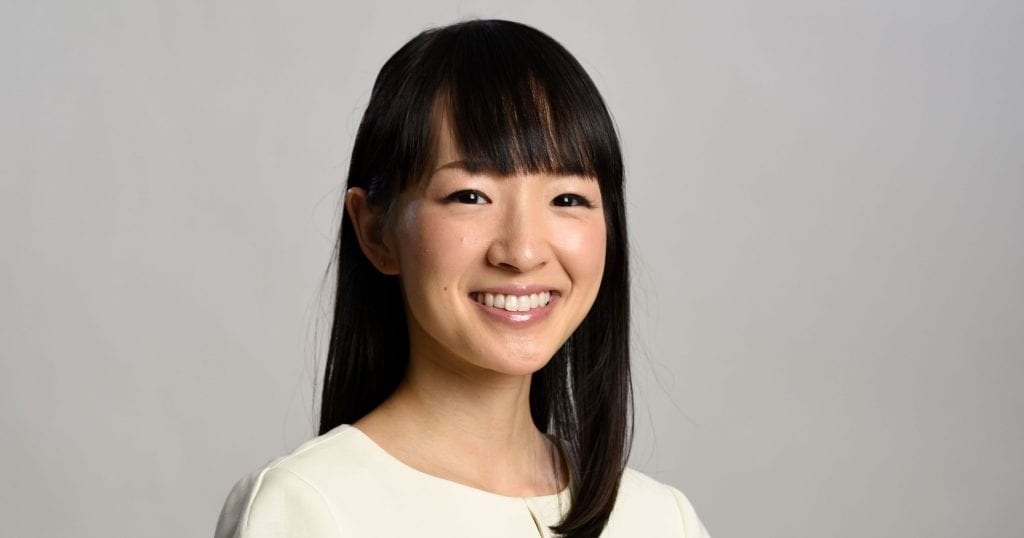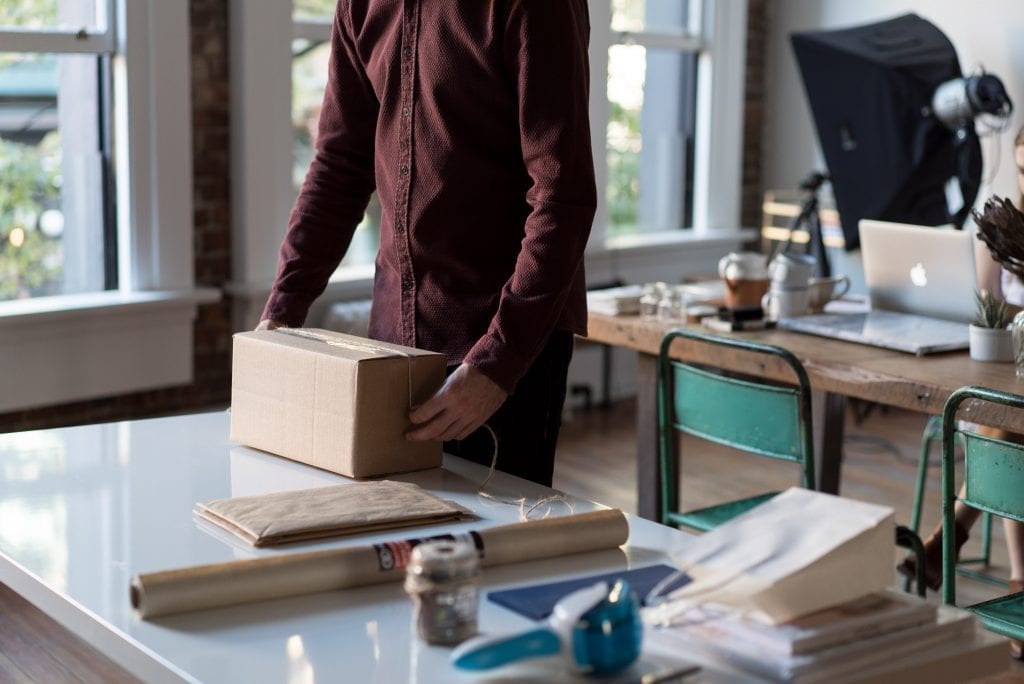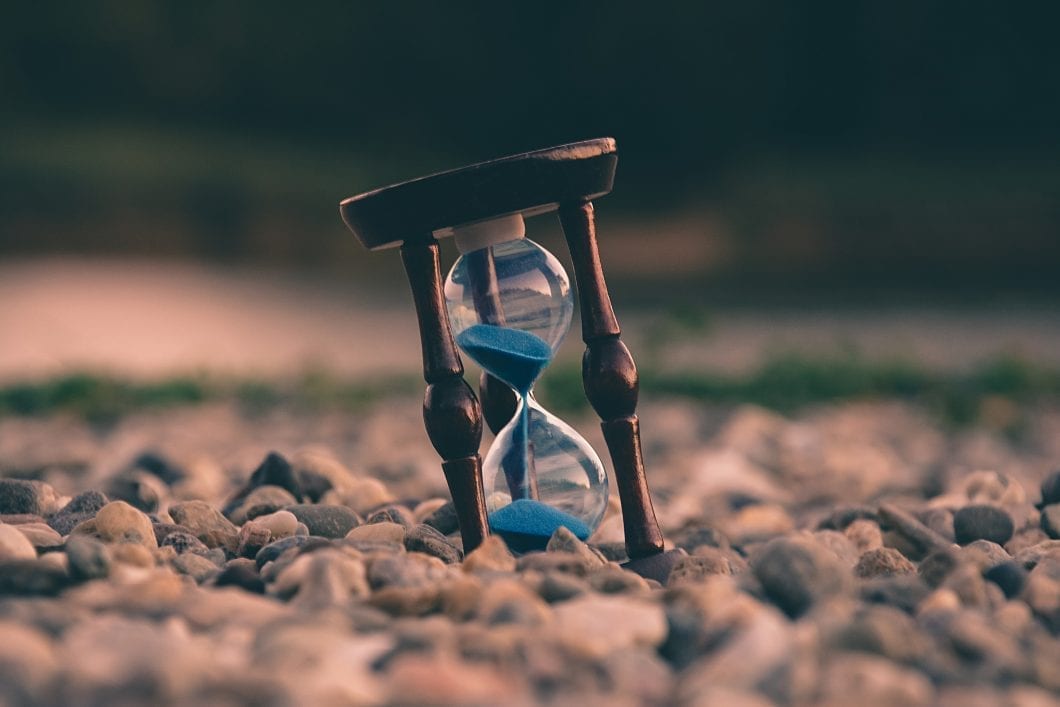Nobody likes to feel out of control. Which is why facing our own mortality and realizing we have no agency over when or how we will meet our end can be disorienting.
Controlling our immediate environment, however, is within our power. Creating an orderly home, with a place for everything breeds contentment and studies show can actually help to lower stress. Tackling our household cleaning and getting to grips with a lifetime of clutter has become an end of life trend worth exploring.

Death cleaning, a habit borrowed from the Swedes, and embraced by followers of Marie Kondo’s “The Life Changing Magic of Tidying up,” includes organizing all of your material possessions, giving away and donating as much as possible and creating plans for easy gifting and disposal of your belongings after your death. Being organized in this way helps your loved ones by reducing the physical burden on them and ensures that your final wishes are clear and easy to follow.
Dr. Kathy Kortes-Miller, an Ontario based author, educator, researcher, and speaker understands our modern cultural tendency to deny death. In her new book “Talking About Death Won’t Kill You,” she aims to explain why conversations about death can be so difficult.
“We tend to fear what we don’t know, we become increasingly scared of talking openly about the end of life. Complicating this is the fact that most of us already fear the process of dying: we’re scared about pain, loss of control, losing people we love, being ripped from our own lives, uncertainty. That fear can lead to anger as we pretend that dying and death aren’t integral parts of life and living.”
Kortes-Miller teaches people how to break that cycle of ignoring and minimizing death by becoming educated about end of life matters. She believes the practice of death cleaning helps to leave space both emotionally and physically for grief, which is often sidelined by practical concerns after a loved ones passing. She shared a personal experience highlighting how instead of being macabre taking care of these issues can actually ease the emotional labor on those left behind.
“When my aunt was dying in a hospice unit, she gave those closest to her colored sticky notes and told us to visit her home and put them on things that we wanted to have to remember her by. Then, on our next visit, we discussed what we had “claimed” and what it meant to us. Now when I look at the items I have as reminders of my aunt, I’m also reminded of our conversations about possessions, memories and what we hold close to our hearts as we face the end of our lives,”
Issabel Williams, a domestic cleaner at Fantastic Cleaners has noticed a significant rise of over 70% in the number of requests from clients seeking death cleaning services in the last year.
“For many people, it’s hard to let go of something that they are emotionally attached to and that’s why they would rather hire somebody to help them out than to choose what to throw and what to keep on their own. Many people don’t know where to begin so we are happy to start the process for them,” she says.
Williams notes that after a lifetime of collecting and storing possessions she finds many clients have hoarded items from their younger years such as T-shirts, posters, or plushies that are monetarily worthless yet are still hard to part with.
For some people, a brush with illness sparks a need to ensure that their affairs are in order but for others like, Lisa Orban, it’s simply a topic that she feels quite comfortable discussing.
Orban, 48, an author from Quincy, IL has been planning for the practical aftermath of her passing for the past 20 years. Although she is not terminally ill she likes to be prepared and has informed her family and friends of the steps she would like to be taken when she dies.
“I have an executor who knows what they are to do in case of my death, with a copy of all my passwords and where to find all my important documents. Everyone knows that I do not wish to have extraordinary measures taken to prolong my life if there is no hope of recovery. I am an organ donor, wish to be cremated, and that there isn’t to be a funeral, I only want a wake, and my body is never to be put on display as part of the final rites. They are not to read from any biblical text, but instead to pick passages out of Cosmos by Carl Sagan. And everyone has been instructed to tell funny stories and drink to my memory,” she says.

For Lisa, planning for her own death is not an exercise in morbid thinking and it’s also not all about her. She has planned a collection of final surprises for the special people in her life the details of which are kept under lock and key until her passing.
“There is a video that I update yearly that is to be played during my wake, where I share stories and other things to say my final goodbyes to everyone. I know that one day I will die and I want to make it as easy on those I love as I can. I may live another 40 years, or I may die tomorrow, but either way, the arrangements have been made and everyone knows what to expect,” she says.
Anne Alderete, 45, a Hospitality PR and Marketing Executive from Los Angeles, CA has had an understanding of death preparation from an early age.
“Ever since the very first time our parents left us home with a babysitter, they left an envelope on the table marked, “Open only in the case of the death of BOTH parents.” Luckily, we never had to open it, and now a box that contains all their instructions is what we are to seek out should both of them pass away,” she says.
The purpose of those instructions, Alderete says is to free her and her sister from any undue pressure or stress. “We know they want to be cremated (they got their custom-made urns a few years ago, made by their favorite potter, and already made arrangements at the Japanese crematorium in town), but otherwise I’m confident there will be nothing that causes any guilt or sense of obligation,” she says.
Alderete feels lucky to have the sort of parents who have thoughtfully prepared to ease their family through what will be a very difficult time.
Lisa Orban reminds us why death preparation is important. “I know when I pass there will be sadness, but there will not be any confusion about what I would have wanted. It is my final gift to my family and friends, to not have to worry about the details and only have to put the process in motion,” she says.
Death cleaning is a practical and sensible step to ensure our wishes and belongings are taken care of, it can help us to come to terms with our final goodbyes, but more than that it’s a profound act of kindness to those left behind.
If you need help getting started, try our 30-Day Decluttering Challenge.



